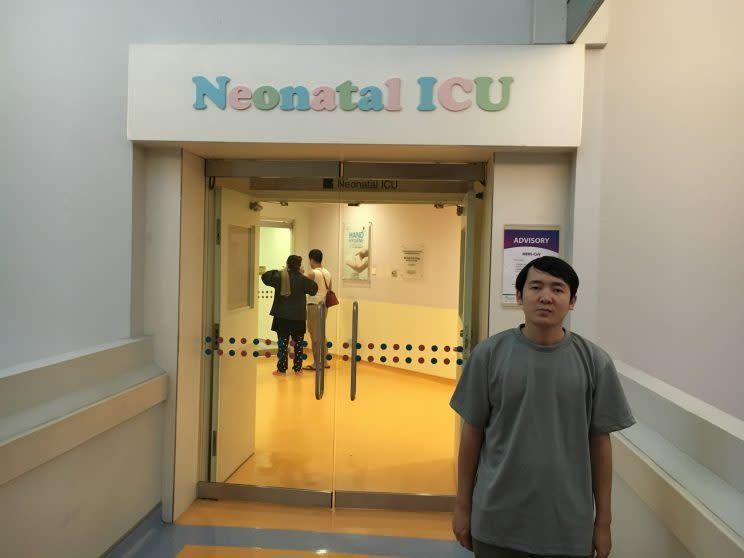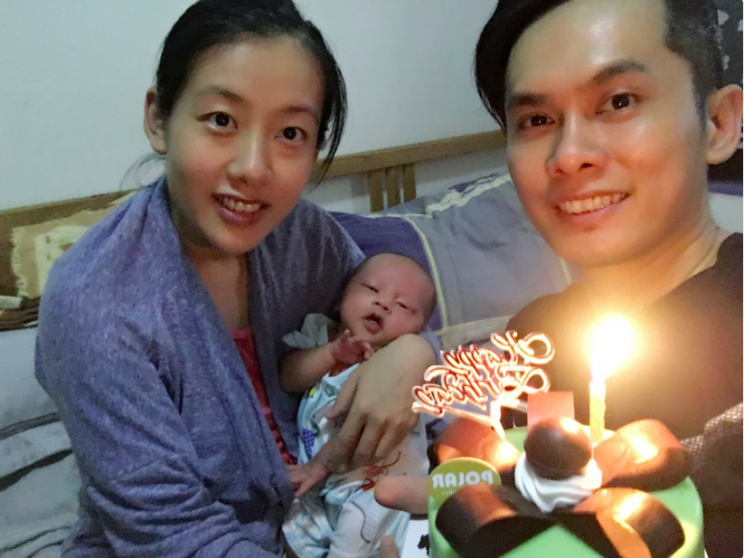More in Singapore turn to crowdfunding to pay medical bills

Nina Shariff, 41, was at her wit’s end. Her middle child Syaqir, 14, was struck down by septicemia, or blood poisoning, earlier this month and had spent more than a week in the Intensive Care Unit (ICU) of a public hospital in Singapore.
Concerned that her boy was not getting the right treatment, Nina sought a second opinion at a private hospital, where doctors recommended a new course of treatment with different drugs.
The cost: about $200,000, which would not be covered by her insurance policy since it was in a private hospital. Then Nina’s sister Shida suggested raising money on crowdfunding platform GIVE.asia, which was established in 2010.
Since it started last Thursday (20 April), the GIVE.asia campaign for Syaqir has raised almost $120,000. In addition, a separate campaign for the teenager on the GoGetFunding platform has raised more than US$17,000 (S$23,743). More importantly, doctors say that Syaqir, who remains in the ICU, is getting better and undergoing physiotherapy, according to Nina.
The sales administrator, who was prepared to sell off her flat to cover the medical bills, was “shocked” by the amount that was raised in such a short period of time. The mother of three, who is also a cervical cancer survivor, told Yahoo Singapore that she was “touched and grateful” for the support.
“There are so many generous people willing to help. I feel so happy to know that there is so much love out there. The messages [from donors] really help. They give me strength. I’ve been crying a lot, but all the messages make me stop crying.”
Nina is among an increasing number of people in Singapore who have turned to crowdfunding to foot medical bills for themselves, their loved ones and even their domestic workers. According to GIVE.asia CEO and co-founder Aseem Thakur, the platform saw 40 Singapore-based medical fundraising campaigns in 2016, double the number in the previous year. “Almost all the fundraising campaigns that are started on GIVE.asia are able to reach their fundraising target, which goes to show that people in Singapore are very generous and compassionate,” said Thakur.

While fundraising campaigns on GIVE.asia cover a wide range of categories such as elderly care, educational support, volunteer expeditions and animal welfare, medical fundraising is one of the most popular categories on the platform. For example, in the past week, Eileen Cheong, 25, successfully raised almost $240,000 to bring her father Jimi home from Tokyo, after he suffered a cardiac arrest and slipped into a coma.
Thakur explained, “Some patients suffer from rare conditions which require overseas treatment. For some families, they may not have enough funds to get the proper medical treatment that is needed. And for some cases, on-going medical treatment can be very prohibitive and they may not have the financial means to pay for the treatment costs which is why they turn to the community for support.”
Some like Singapore-based Vietnamese researcher Nguyen Van Thang, in his 30s, do not have medical insurance and are not eligible for government subsidies. So when his baby Tue Minh was born last November after just 26 weeks and three days, resulting in a hefty medical bill, he turned to GoGetFunding.com, where he eventually raised more than $96,000.
The campaign ended in December. Tue Minh was eventually discharged in February 2017, after spending more than 50 days in the Neonatal Intensive Care Unit at KK Women’s and Children’s Hospital.
The cost and benefit

While GIVE.Asia does not charge fundraisers any fees – donors can choose to make a separate donation to it – its payment gateway provider deducts two to five per cent of each donation as credit card processing fees. Others like GoFundMe charge each fundraiser 7.9 per cent of each donation – five per cent goes to GoFundMe, while the rest goes to payment processing fees. GoGetFunding charges 6.9 per cent, inclusive of a credit card processing fee.
Queries to GoFundMe and GoGetFunding about medical fundraising by Singaporeans had not been answered by the time of publication.
But every cent counts for the likes of Sky Looi, 41, an associate engineer in a semiconductor company. His son Ethan was born last July with a very rare form of leukemia called Juvenile Myelomonocytic Leukemia (JMML). It is only the second such case seen in Singapore. While the nine-month-old is now stable and awaits a bone marrow transplant, Looi has been busy putting in overtime work to supplement crowdfunding for Ethan in order to pay off the medical bills.
Thus far, the campaign for Ethan has raised almost $170,000, helped by several media reports on his condition. Looi, who is a Malaysian, told Yahoo Singapore that he was moved by the generosity of donors.
“From the first day, I have been taken back by the response,” said Looi in Mandarin. This has helped us a lot. We are very moved. I don’t know if I would be able to raise this amount in Malaysia. I am very grateful.”



